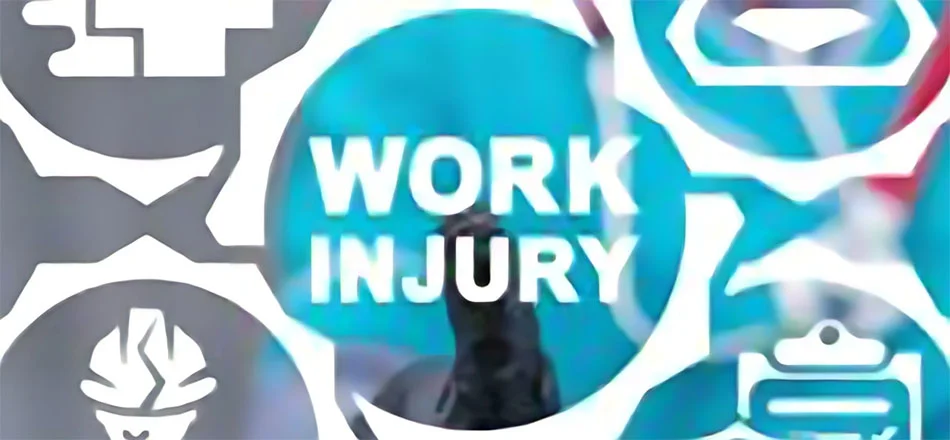What Is ‘Maximum Medical Improvement?’

In workers’ compensation cases, it is common to hear the term ‘maximum medical improvement’ (MMI), which is the point at which a work-related injury is unlikely to ever heal any further. MMI is an important metric for an injured worker, because once a medical professional holds that MMI has been reached, the worker can seek permanent disability benefits if they are determined to be necessary. Everyone’s individual MMI is different, but sometimes, there may be disagreement between doctors, or between the employee and the employer, as to when MMI has actually occurred.
During the time an injury is healing, an employee will generally be entitled to temporary disability benefits for the wages they have lost. They may be able to do light duty work, depending on their situation – indeed, in Connecticut, an employee receiving temporary disability benefits must accept any light duty work offered by their current employer (or actively seek it elsewhere) in order to retain their benefits. However, once the employee is found to have reached MMI, those benefits will change to permanent disability benefits depending on the degree of impairment they are found to still retain. The injured employee is able to still receive medical treatment even after reaching MMI, especially for conditions that may require ongoing treatment.
It is important to keep in mind that when one discusses permanent disability benefits, the word ‘permanent’ refers to the impairment or disability, not to the benefits being permanent. Permanent disability benefits will be paid for a certain number of weeks, depending on the part of your body affected, with the length of time being fixed by a schedule specified in Connecticut law. For example, the loss of a foot would permit the employee to receive 125 weeks of permanent disability benefits. However, when an employee has merely lost the use of a body part (partially or fully), the amount of benefits can be more difficult to determine.
It is also crucial to keep in mind as an injured employee that reaching MMI does not mean you can automatically return to work as before. MMI simply means that an injury will likely heal no further; it does not mean the injury is healed completely. If you are left totally incapacitated by your injuries, Connecticut law permits you to continue to receive some benefits – up to 75 percent of your average weekly wage at the time of your injury – until you are no longer totally disabled, which in many cases, does mean for the rest of your life.
Contact A Stratford Workers’ Compensation Attorney
An injured employee is entitled to certain benefits under Connecticut workers’ compensation law as long as their employer is covered. Reaching maximum medical improvement does not mean a cessation of those benefits; it most often means that benefits will take a different form. If you have questions or concerns about workers’ compensation benefits or maximum medical improvement, calling a Stratford workers’ compensation attorney can help to get those concerns allayed. The Morizio Law Firm is well versed in these types of cases, and is ready to try and assist you with yours. Call our offices at 203-386-1433 for a free consultation.
Sources:
cga.ct.gov/2007/rpt/2007-R-0033.htm

